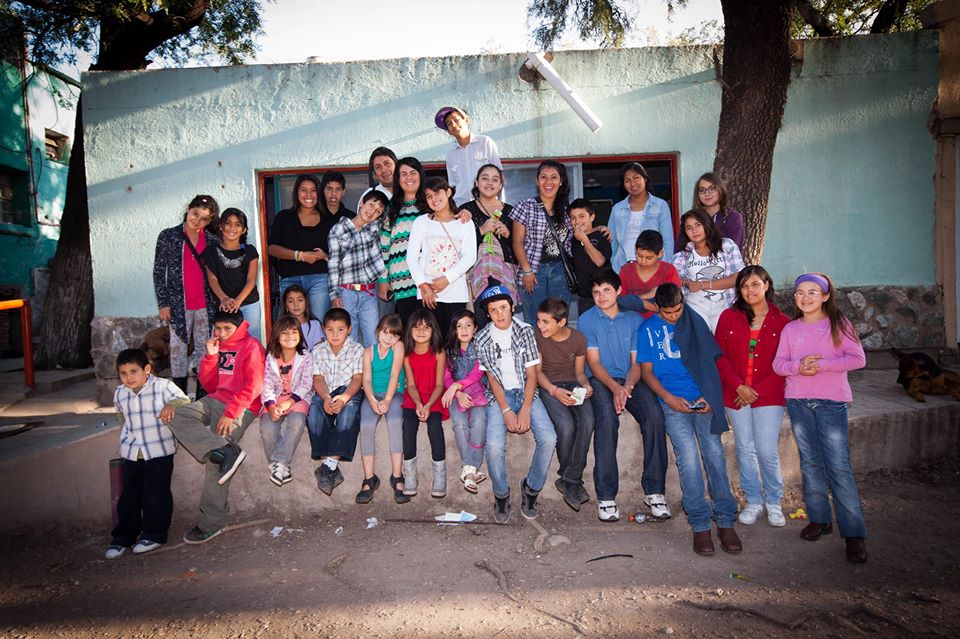 In the foothills of two small mountains in the heart of Argentina, La Falda is a small provincial town near Cordoba, located on a gentle slope that is part of a well-known tourist circuit in the Punilla Valley. Up until four years ago, this is where the Bongiovanni family – Esteban, Victoria and their two sons – used to live.
In the foothills of two small mountains in the heart of Argentina, La Falda is a small provincial town near Cordoba, located on a gentle slope that is part of a well-known tourist circuit in the Punilla Valley. Up until four years ago, this is where the Bongiovanni family – Esteban, Victoria and their two sons – used to live.
Then unexpectedly things changed, and they moved to San Marcos Sierras, just to the north. It was their generous way to respond to a request to live at Sierra Dorada Home, a refuge for minors who already carry too many serious problems on their young backs. Many of them have stories of being mistreated, violence, being abandoned or malnourishment. At the moment the refuge hosts 28 children.
“Before we arrived, we feared the worst about children’s homes. Like the ones you see in the movies, where the kids and infants are beaten or mistreated. Instead, we found it quite different, more like a large family. We make an effort to improve their situations and remove all the violence they have inside and the conditions they’ve lived through, so that they understand that the normal thing at their age is to live in peace, play and study.”
Founded close to 20 years ago by Julio and Patricia Lanciar, and supported by a nonprofit foundation that operates with a true Christian spirit in the province of Cordoba, the goal of the home is to improve the children’s living conditions and help them to reintegrate into their families or foster care.
The Lanciars had nothing when they started, other than the hope to be able to improve many children’s situations. Little by little, thanks to the support of many, things grew. Today the Sierra Dorada Foundation manages four “home labs.” There is San Marcos Sierras (where Victoria and Esteban are), Embalse de Río Tercero, Rumipal and Salsipuedes, and a number of programs for host families, scholarships for volunteers, etc.
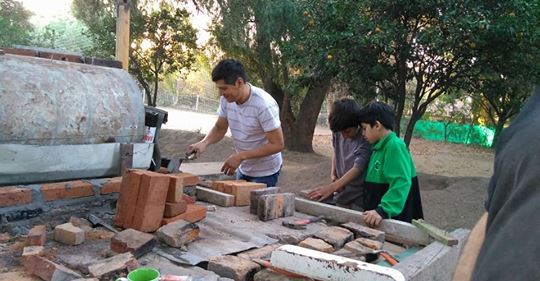 Seated at table in the dining hall, Victoria and Esteban explain that “many people show great solidarity, especially when they build a rapport with the children. There are young people from overseas who undertake internships in social work, as well as Argentinian university students.
Seated at table in the dining hall, Victoria and Esteban explain that “many people show great solidarity, especially when they build a rapport with the children. There are young people from overseas who undertake internships in social work, as well as Argentinian university students.
“Our work begins when we take people in. From the moment they arrive, we try to include them, to give them love, just as a mother or father would. With the help of a staff of psychologists, we try to give their lives a certain order. Starting with using a toothbrush, to bathing every day, putting on clean clothes and teaching them to take responsibility for their school homework.”
Smiling, Victoria chooses one of the dozens of stories she could tell. “A few weeks ago, we all went to a hotel where we had been invited for the weekend. I hadn’t made my bed, thinking that we were in a hotel. But then I realized that the children had left their rooms completely in order, and even the bathrooms were impeccable. So I ran back to my room to make my bed, because I realized that I was the only one who hadn’t.
“We try to live well our calling to serve. Yet it is certainly not always necessary for everyone to leave everything, their city, their home and go and live in a children’s refuge. Anyone can do this anywhere with whoever you find next to you. It can begin with the smallest things, such as giving an elderly person your seat on a bus, or driving without road rage. It’s the small things that start and spread good deeds.”
Esteban adds: “We understood that God would never abandon us if we do things well, without expecting anything in return, with humility and trust. “And the truth is that by doing so… it works.”
Source: United World Project


 Italiano
Italiano Español
Español Français
Français Português
Português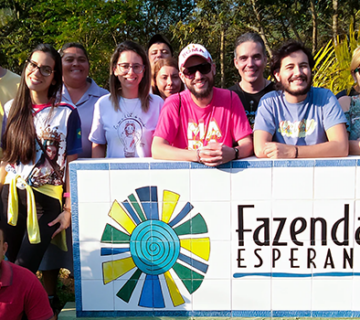
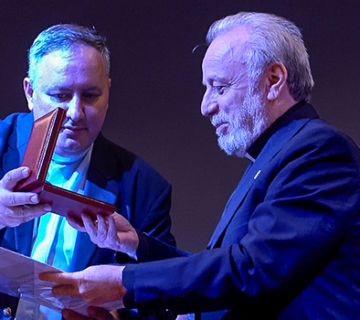
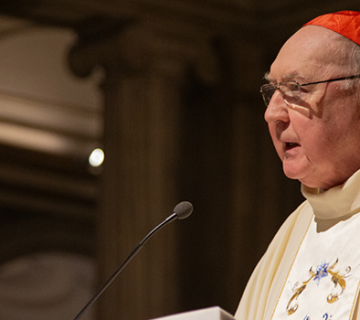

Semplicemente bello! Grazie!